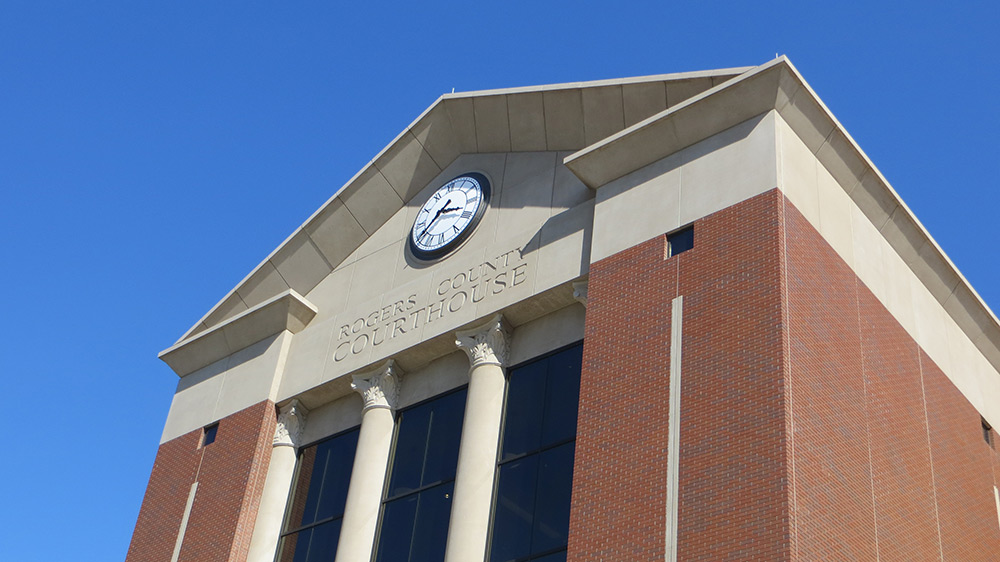Though rare, a judge can overturn a jury verdict in Tulsa cases. In the Oklahoma legal system, including in Tulsa courts, jury verdicts are generally final. However, a judge may overturn a jury verdict in limited and specific circumstances. While rare, this is a safeguard to ensure justice when the law or evidence does not support a trial’s outcome.
When Can a Judge Overturn a Jury Verdict?
Judges can overturn a jury’s verdict in civil or business law and criminal cases—but only under certain conditions. Judges typically exercise this ability through one of two legal mechanisms:
- Judgment Notwithstanding the Verdict (JNOV) – In a civil case, if a jury reaches a verdict that no reasonable jury could have reached based on the evidence presented, the judge can issue a JNOV and enter a different judgment.
- Motion for a New Trial – In both civil and criminal cases, a party can ask the judge to set aside the verdict and order a new trial. A judge may grant this if there were legal errors during the trial, juror misconduct, newly discovered evidence, or if the verdict appears to be clearly against the weight of the evidence.
- Remittitur or Additur In cases involving monetary damages, if the judge believes the jury’s award is unreasonably high (remittitur) or too low (additur), the judge can suggest adjusting the amount. The parties can agree to the new amount or face the possibility of a new trial. While remittitur is more commonly used and accepted in most jurisdictions, additur may raise constitutional concerns under federal law. However, it remains available in some state courts, including Oklahoma.
Limits on the Judge’s Authority
In any jury trial, a litigant should expect any number of things to happen. But it’s important to note that a judge cannot simply change a verdict because they personally disagree with it. The judge must find a clear legal basis for doing so—such as insufficient evidence or procedural error. Courts are generally reluctant to override jury decisions unless absolutely necessary to ensure justice and proper application of the law.
Can a Judge Overturn a Guilty Verdict in a Criminal Case?
In a criminal trial, a judge may overturn a guilty verdict if the evidence does not support the conviction or if there is a violation of the defendant’s constitutional rights during the trial. For example, if critical evidence was improperly admitted, judges may grant a motion for a new trial.
However, if a jury acquits a defendant, the judge cannot overturn it under any circumstances. This is because of the double jeopardy protection in the U.S. Constitution, which prevents a defendant from being retried for the same offense once they have been found not guilty.
Do Judges Commonly Use These Powers?
Judges are typically hesitant to overturn jury verdicts. The jury is the fact-finder in trials, and courts respect the role jurors play in evaluating evidence and witness credibility. Judicial intervention is rare and usually for cases with clear legal errors or extreme outcomes that shock the court’s conscience.
Tulsa Jury Trial Attorneys
In Oklahoma, a judge has the authority to overturn a jury verdict under narrowly defined legal standards. If you are in a civil or criminal trial and believe the verdict was unjust, it’s important to consult with our Tulsa attorneys. They can advise you on whether a motion for JNOV or a motion for a new trial is appropriate in your case and help you navigate the post-trial process effectively.
For a free consultation, call our Kania Law attorneys at 918-743-2233, or reach us on our Ask A Lawyer page.
Tulsa's Local Criminal Defense Lawyers
 Are you looking for Tulsa attorneys who will fight aggressively for you? Our team of criminal defense attorneys have the experience needed in Oklahoma law to secure the outcome you deserve.
Are you looking for Tulsa attorneys who will fight aggressively for you? Our team of criminal defense attorneys have the experience needed in Oklahoma law to secure the outcome you deserve.
Call us today for a free consultation 918-743-2233 or contact us online.


